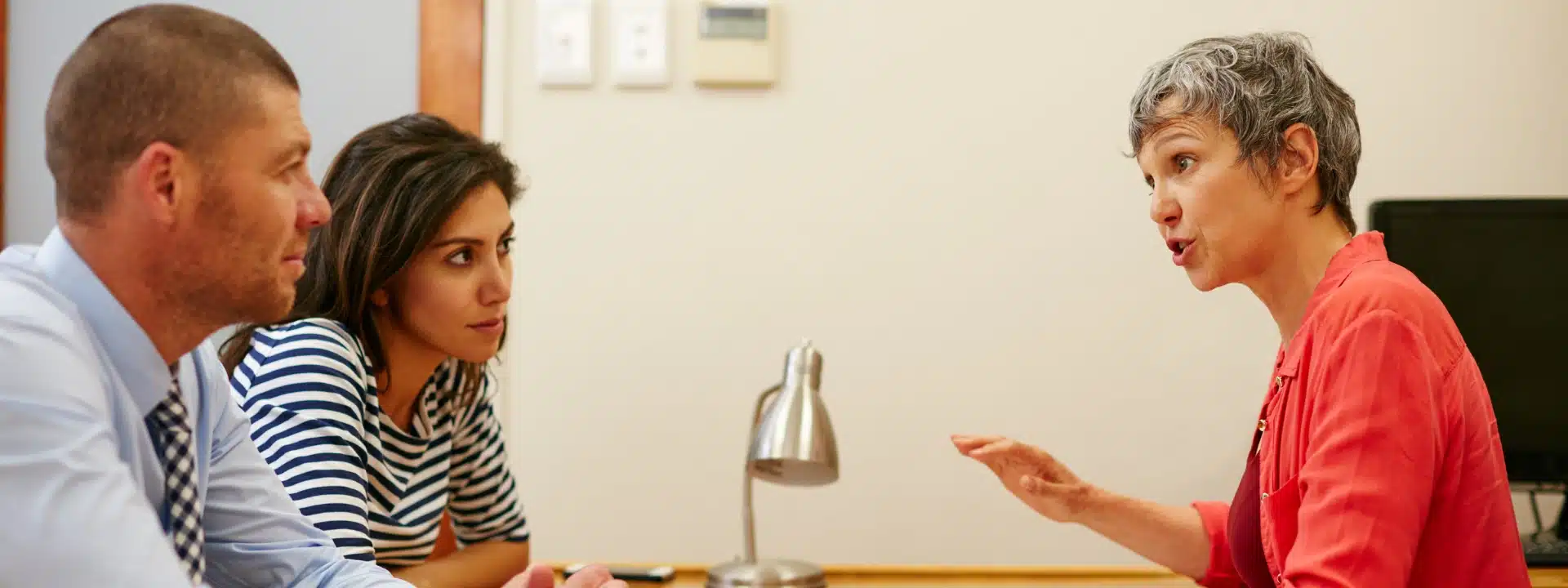The rain tapped softly on the window that morning. The sky outside was gray, and the air felt heavy. Inside, I sat across from someone I loved. At first, they smiled at me like nothing was wrong. Then, within minutes, they started crying.
I froze. I didn’t know what to do. I kept asking myself: What is an unstable person? Why do they change so fast? Why does every day feel like living with a stranger?
Have you ever felt this way? Like you can’t predict what will happen next? It feels scary. It makes your home feel unsafe. That’s how my life felt for a long time.
What Makes Someone ‘Struggling’
At first, I told myself it was just stress. Everyone gets upset sometimes, right? But the more I paid attention, the more I saw the truth. A small mistake could turn into a fight. A gentle question could spark yelling. Even quiet moments didn’t last long.
So, what makes someone struggling? Many times, it’s because they struggle to control strong feelings. Their emotions take over, and they can’t slow them down. Often, this happens because of old wounds or trauma they carry inside. It’s like their heart is always on guard, waiting for another storm.
In the Dialectical Behavioral Therapy (DBT) for Borderline Personality Disorder blog, Alter Behavioral Health explains how DBT teaches people to calm their minds and manage emotions. Learning this showed me that there are safe ways to handle big feelings. People don’t have to stay trapped in chaos.
Why Is Someone Considered Mentally Unstable
Sometimes, I wondered if the problem was me. Was I too sensitive? Was I causing the fights? But then I learned something important: being considered mentally unstable isn’t about blame. It means emotions grow so big that they spill into everyday life.
So, why is someone considered mentally unstable? Because they can’t keep their feelings steady. They might act before thinking. They might push people away, even when they want closeness. It doesn’t mean they are weak. It means they need help learning to manage their emotions.
A study by Ellappan, Subba, and Mondal (2025) showed that emotional instability often comes from a mix of brain chemistry and life stress. The study explained that people with high emotional reactivity struggle in relationships and daily life.
This study reminded me that instability is a health condition, not a personal failure.
How to Identify a ‘Struggling’ Person
At home, I started noticing patterns. Some mornings began with laughter. But then, out of nowhere, anger would explode. Other times, they cried over something tiny. One moment, they wanted me close. Next, they pushed me away. Living like that felt like a rollercoaster I never wanted to ride.
So, how do you identify a struggling person? Look for strong mood swings that don’t fit the situation. Notice when small problems cause big explosions. Pay attention to relationships that feel shaky because trust can’t grow.
A 2025 study by Altaweel et al. in Frontiers in Psychology found that emotional instability often predicts relapse in people with depression. The study showed that poor emotional control keeps people stuck. But there was hope: learning emotional regulation skills helped people regain balance.
That’s why therapy at Alter focuses on teaching emotional regulation. It gives people real tools to handle big feelings.
Why Do People Act Unstable Emotionally
One of my biggest questions was: Why? Why does someone I love act so unstable? Why can they be kind one moment and cruel the next?
The truth is that unstable emotions often come from deep pain. People may not have learned how to calm themselves. Old trauma might still live inside them. Those wounds spill into today’s behavior. Emotional storms are the only way they know to cope.
Alyson Powell Key (2025) explained that people with borderline personality disorder often struggle with emotion regulation. But therapy focused on emotional skills can make a big difference.
Reading this helped me see that unstable behavior doesn’t mean someone is “bad.” It means they need new skills.
How to Help a Difficult Person
One night, I decided not to argue back. Instead, I sat quietly. I held their hand. I didn’t judge. I didn’t raise my voice. I just listened. Slowly, the storm passed.
So, how can you help a ‘difficult’ person? Stay calm. Remind them they are not alone. Use gentle words instead of sharp ones. And when the time feels right, encourage them to seek professional help.
A 2025 study by Jeste and colleagues explained that instability often connects to life conditions—like stress, lack of support, or trauma. The study showed that safe spaces and social support help people heal faster.
It proved what I had seen myself: kindness and safety make a difference.
What Are Signs of Unstable Behavior
Living in that home, I started to see the signs clearly. Some days began with warmth. Other days ended in shouting or silence. Nothing was steady.
So, what are the signs of unstable behavior? Big mood swings. Sudden outbursts. Fear of being left. Reckless choices. Sometimes it meant hearing “I love you” in one breath and “I hate you” in the next.
In their blog, “16 Signs of a Mentally Unstable Person,” Alter Behavioral Health lists these signs clearly. That blog gave me hope. It helped me realize I wasn’t imagining things. And it showed me that my loved one wasn’t alone—others live this, too.
Why Unstable Behavior Happens in Adults
Later, I learned something that changed how I saw everything. Many adults who act unstable were once children who didn’t feel safe. Maybe someone yelled at them. Or, perhaps someone ignored them. Their hearts never learned how to calm down. Those old wounds stayed alive inside them.
So, why does unstable behavior happen in adults? Because childhood pain grows with you. If no one teaches you healthy ways to handle feelings, you may struggle later in life.
Alter Behavioral Health often writes about this truth: adults carry old trauma until they heal it. Therapy can give adults a second chance to feel safe, even if they never had that as kids.
How Unstable Personality Affects Relationships
For me, the hardest part was how much instability hurt our relationship. I wanted peace, but I felt like I was always walking on eggshells. Trust broke again and again. I loved them, but love wasn’t enough to fix the chaos.
So, how does an unstable personality affect relationships? It creates mistrust. It makes people feel unsafe and tired. Partners and families feel torn between love and fear.
In their blog about living with BPD, Alter writes about how instability hurts marriages and family ties. But they also share how therapy, trust, and gentle communication can rebuild love. That gave me hope.
Let Healing Begin
Today, things are calmer. We still face challenges, but we use new tools. We take breaks. We breathe. We say words like “I’m sorry” and “I hear you.” Trust is slowly growing back.
So, what is an unstable person? Someone who feels like a stranger at times because they fight storms inside. But with patience, support, and professional help, change can happen.
At Alter Behavioral Health, caring therapists guide people and families to safety. They teach real skills that calm storms and rebuild trust. You don’t have to live in fear. Healing starts with one brave step.
Do you feel like you’re living with a stranger? Do you want peace in your home? At Alter, experts listen with kindness. They offer tools to calm emotions, heal old wounds, and bring back trust. You deserve safety and love. Reach out today.
FAQs
- What is an unstable person?
Someone who has strong mood swings and unpredictable actions. - What makes someone an unstable person?
Often, trauma or trouble managing emotions makes them unstable. - Why is someone considered mentally unstable?
Because big emotions cause problems in daily life. - How to identify an unstable person?
Look for mood swings and sudden outbursts. - Why do people act emotionally unstable?
They may not know how to calm strong feelings. - How to help a mentally unstable person?
Stay calm, listen, and encourage therapy. - What are the signs of unstable behavior?
Sudden anger, fear of being left, and reckless actions. - Why does unstable behavior happen in adults?
Old childhood wounds often show up in adult life. - How does an unstable personality affect relationships?
It creates mistrust and makes people feel unsafe. - Can therapy help someone who is unstable?
Yes. Therapy teaches tools to manage emotions and heal.



